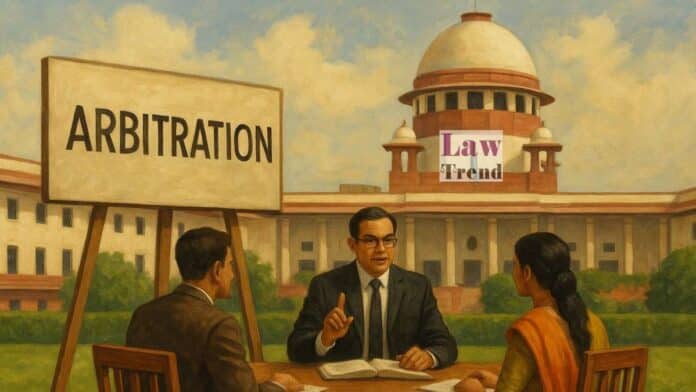The Supreme Court of India, in a significant ruling on arbitration law, has held that when an arbitral award, guided by the agreement between parties, explicitly provides for interest to be paid from the cause of action until the date of repayment, no additional or compound interest can be claimed at the execution stage under
To Read More Please Subscribe to VIP Membership for Unlimited Access to All the Articles, Download Available Copies of Judgments/Order, Acess to Central/State Bare Acts, Advertisement Free Content, Access to More than 4000 Legal Drafts( Readymade Editable Formats of Suits, Petitions, Writs, Legal Notices, Divorce Petitions, 138 Notices, Bail Applications etc.) in Hindi and English.




